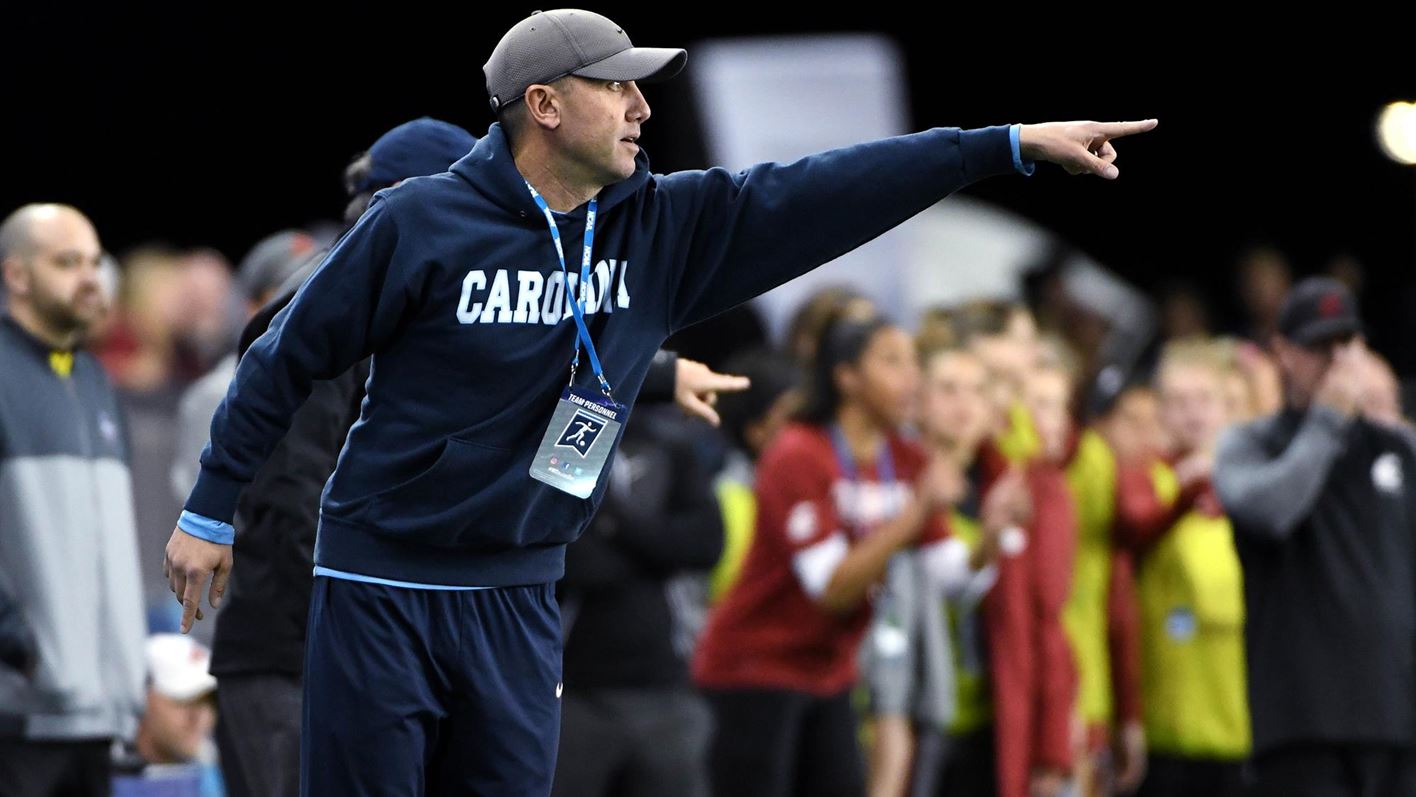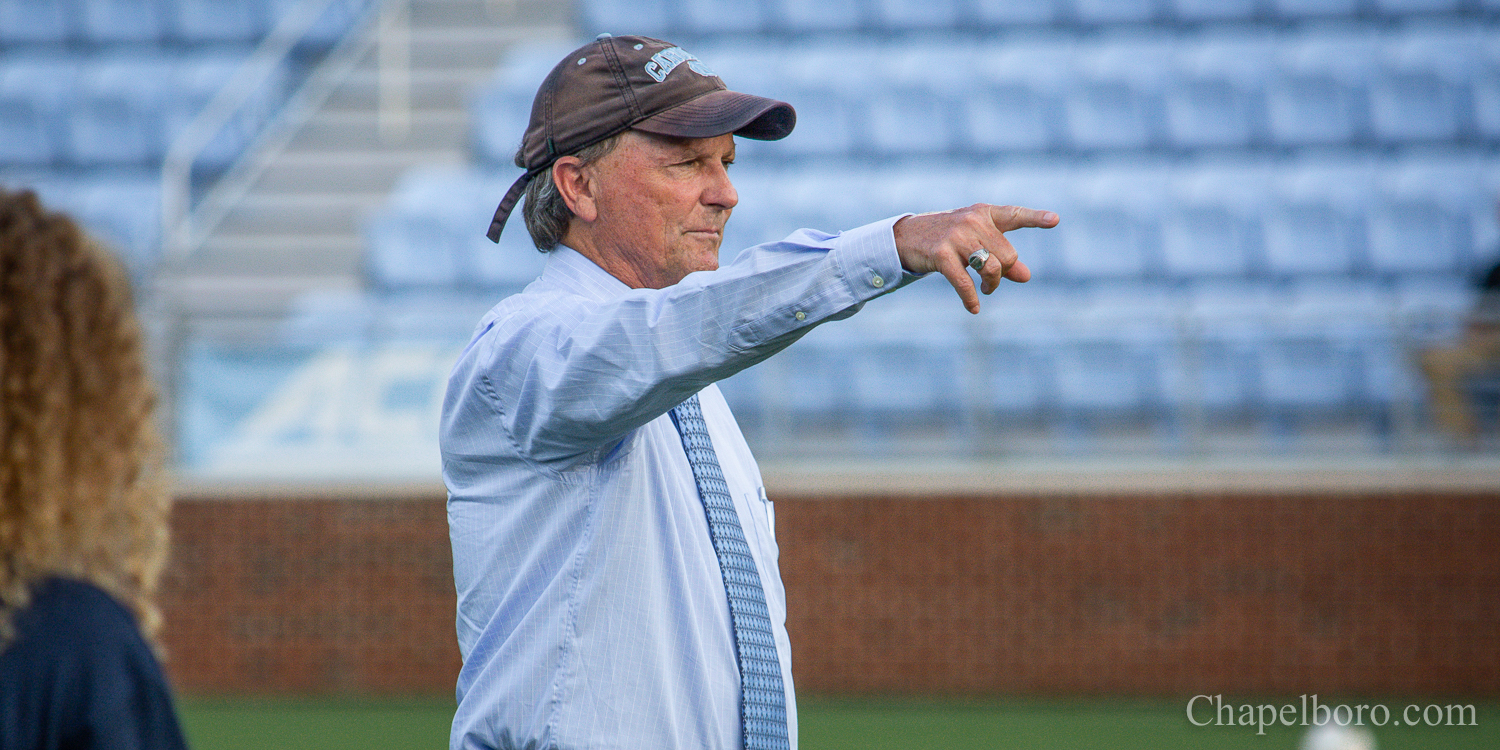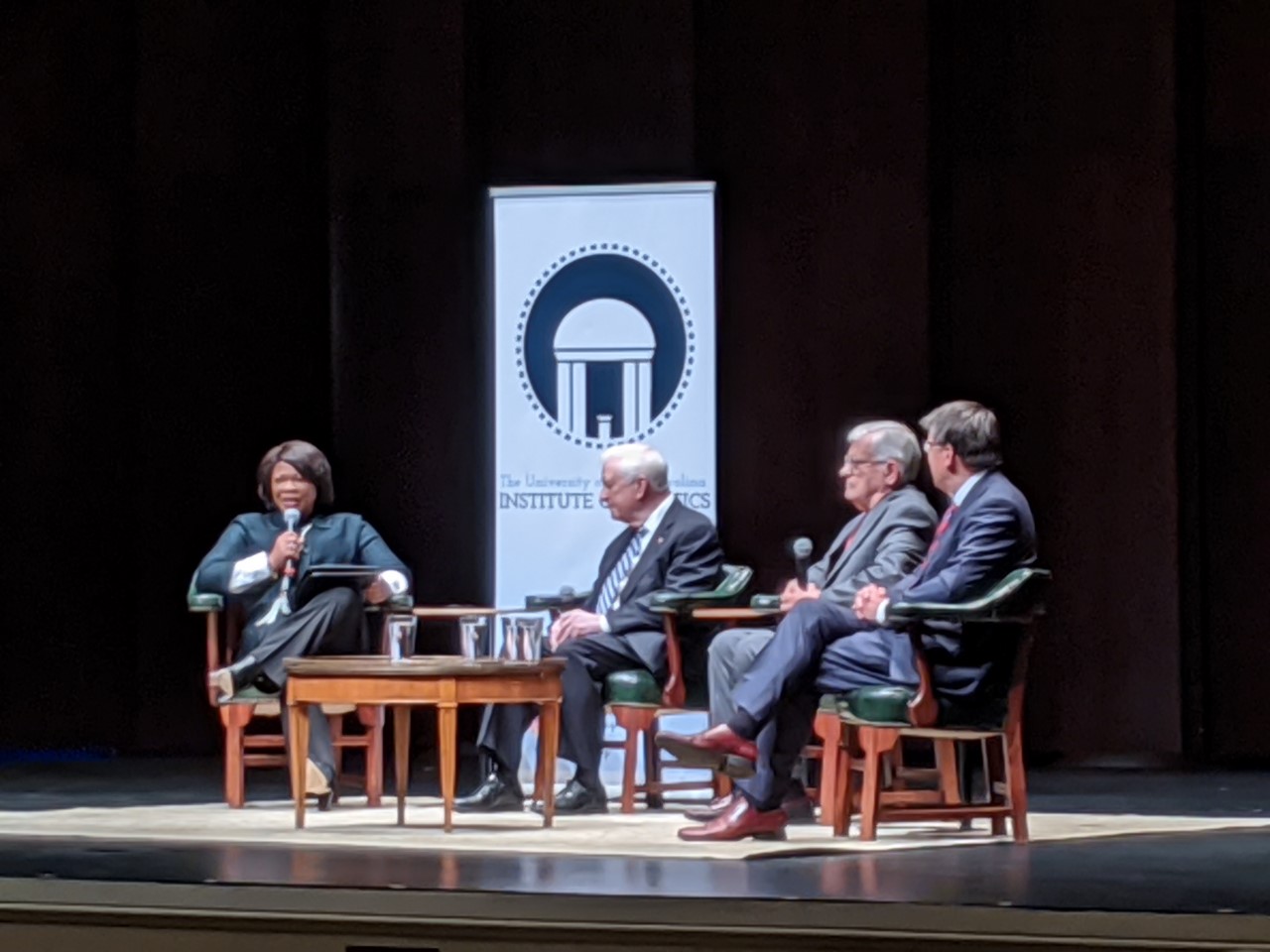It was as if aliens had attacked and taken over the state’s university system. At least that is how upset my university friends and faculty reacted to Governor Pat McCrory’s remarks about higher education. He said, “I think some of the educational elite have taken over our education where we are offering courses that have no chance of getting people jobs…I’m going to adjust my education curriculum to what business and commerce needs to get our kids jobs as opposed to moving back in with their parents after they graduate with debt.”
McCrory promised to base the financing of universities on “how many jobs you are getting people into.”
University voices, joined with newspapers opinion pieces in a collective, “What?!”
“Doesn’t he get it?” they asked. “A university education cannot just prepare its students for their first job, it has to try to prepare them for a lifetime of changing work and challenges.”
It has been easy enough to throw stones at the governor for seeming to ignore the critical main point of higher education.
But criticizing the governor misses two important facts.
First, the governor is speaking for many citizens of North Carolina who do not automatically see the lifetime value of a university education. When their university-educated children do not have a set of skills that guarantees them a good job, they are nodding their heads when they hear the governor’s words.
We have to acknowledge that it is fair for the paying public to ask its universities, not only to prepare for a lifetime, but also to pay attention to the students’ needs for good employment options the day a degree is granted.
Secondly, by concentrating on our governor’s recent remarks, we avoid a more disturbing list of challenges and criticisms summarized recently by the new president of Purdue University, former Indiana Governor Mitch Daniels:
“College costs too much and delivers too little. Students are leaving, when they graduate at all, with loads of debt but without evidence that they grew much in either knowledge or critical thinking.
“Administrative costs, splurging on ’resort’ amenities, and an obsession with expensive capital projects have run up the cost to students without enhancing the value of the education they receive.
“Rigor has weakened. Grade inflation has drained the meaning from grade point averages and left the diploma in many cases as merely a surrogate marker for the intelligence required to gain admission in the first place.
“The system lacks accountability for results. No one can tell if one school is performing any better than another.
“The mission of undergraduate instruction is increasingly subordinated to research and to work with graduate students.
“Too many professors are spending too much time ‘writing papers for each other,’ researching abstruse topics of no real utility and no real incremental contribution to human knowledge or understanding.
“Diversity is prized except in the most important realm of all, diversity of thought. The academies that, through the unique system of tenure, once enshrined freedom of opinion and inquiry now frequently are home to the narrowest sort of closed-mindedness and the worst repression of dissident ideas.
“Athletics, particularly in NCAA Division I, is out of control both financially and as a priority of university attention.”
Daniels acknowledges that these critiques may not all be fair. But, he says that the operating model of “most American universities is antiquated and soon to be displaced.”
Those of us who love and value our public universities have a lot more to worry about than our governor’s off-script remarks.
The best way for the universities to respond to McCrory and to Daniels is to take the lead in making the changes the needs of the public and the students require.
—
D.G. Martin hosts “North Carolina Bookwatch,” which airs Sundays at noon and Thursdays at 5 p.m. on UNC-TV. For more information or to view prior programs visit the webpage.
This week’s (February 10) guest is James Dodson, author of “American Triumvirate Sam Snead, Byron Nelson, Ben Hogan, and the Modern Age of Golf.” “American Triumvirate Sam Snead, Byron Nelson, Ben Hogan, and the Modern Age of Golf” by James Dodson, is the only North Carolina-related non-fiction book to make last year’s New York Times “100 Notable Books” list. Dodson lives in North Carolina’s golf country where he is writer-in-residence at The Pilot and editor of “PineStraw” magazine in Southern Pines. But he has a professional lifetime of golf writing experience that helped make his latest book a classic. Snead, Nelson, and Hogan, all born in 1912, dominated professional golf in the years surrounding World War II. Dodson says the three are responsible for the popular professional golf game that we know today.
A grant from the North Carolina Humanities Council provides crucial support for North Carolina Bookwatch.
Bookwatch Classics (programs from earlier years) airs Wednesdays at 11:30 a.m. on UNC-MX, a digital cable system channel (Time Warner #172 or #4.4).
This week’s (February 13) guest is Anson Dorrance, author of “The Vision of a Champion.”







